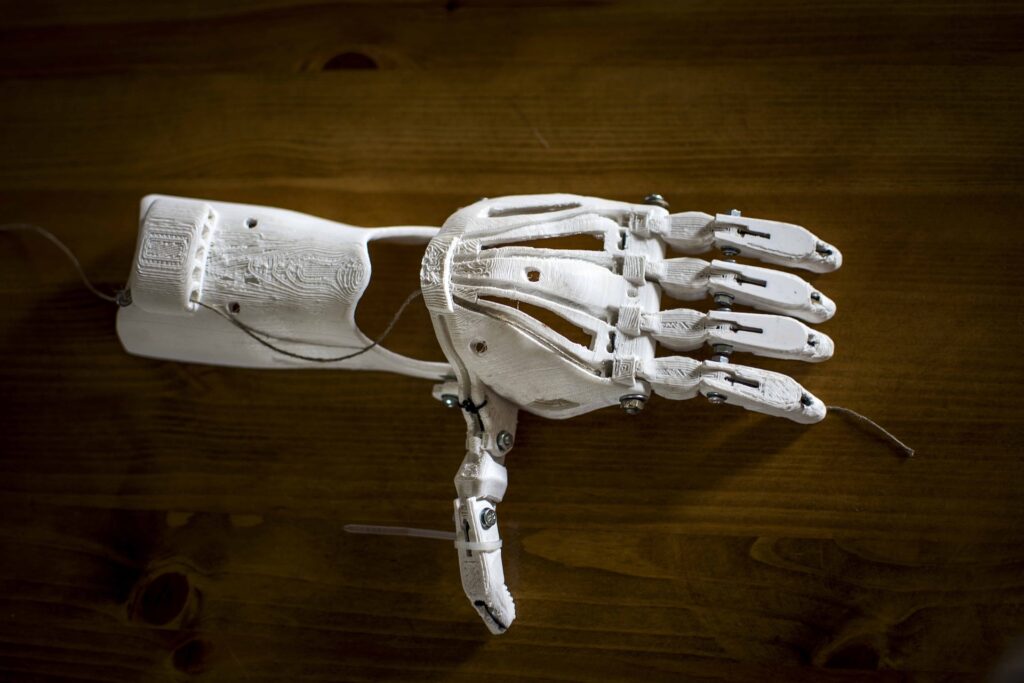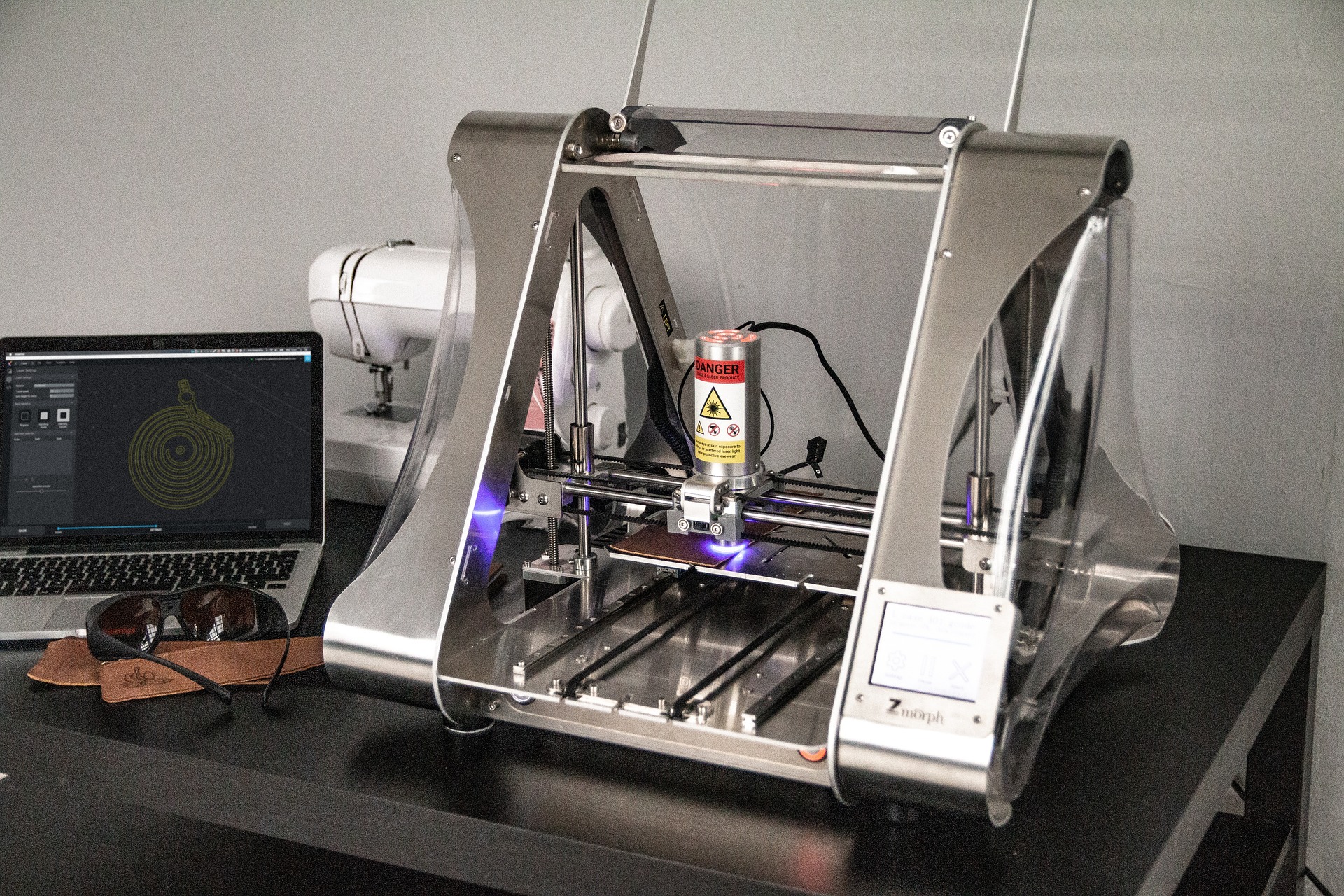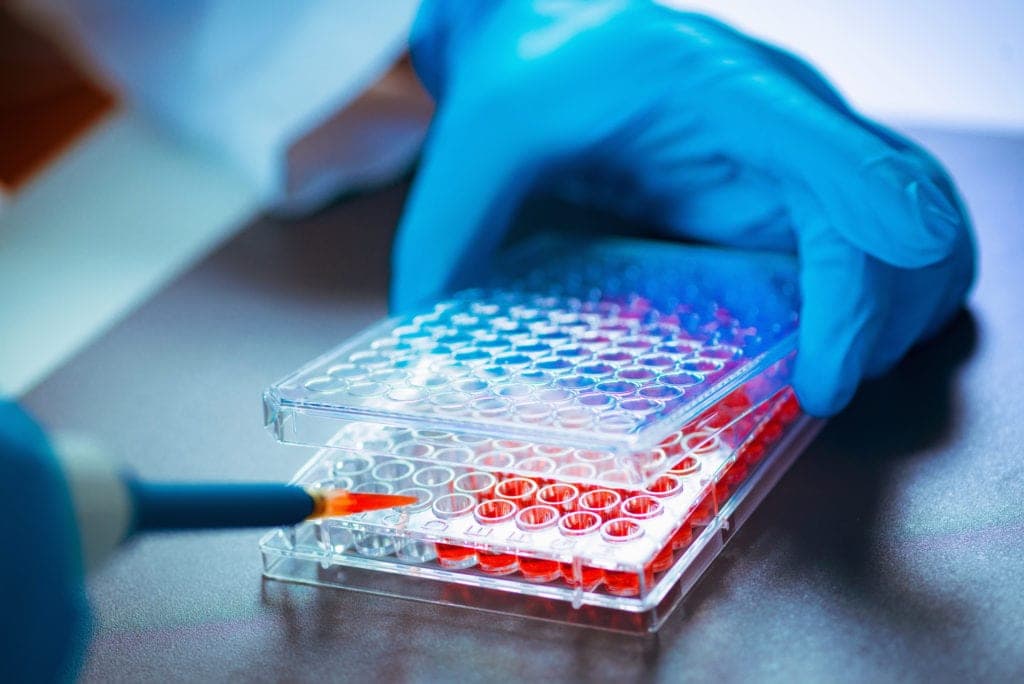3D printing has been used in medicine since the early 2000s, when the technology was first used to make dental implants. Since then, the use of 3D printing in medicine has expanded significantly: Doctors from around the world describe ways to use 3D printing to produce ears, skeletal parts, airways, jawbone, eye parts, cell cultures, stem cells, blood vessels and vascular networks, tissues and organs, new drug forms, and much more.
The example of test prosthesis built by 3D printer

3D printing has been used in medicine since the early 2000s, when the technology was first used to make dental implants. Since then, the use of 3D printing in medicine has expanded significantly: Doctors from around the world describe ways to use 3D printing to produce ears, skeletal parts, airways, jawbone, eye parts, cell cultures, stem cells, blood vessels and vascular networks, tissues and organs, new drug forms, and much more.
Using model files for 3D printing provides an opportunity for sharing work among researchers. Instead of trying to reproduce parameters described in scientific journals, physicians can use and modify off-the-shelf 3D models. To that end, the National Institutes of Health established the 3dprint.nih.gov exchange in 2014 to facilitate the exchange of open-source 3D models for medical and anatomical products, non-standard equipment and mockups of proteins, viruses and bacteria.
Neuroanatomical models printed on a 3D printer can be particularly useful for neurosurgeons, providing insight into the most complex structures in the human body, which in principle cannot be obtained based on two-dimensional images.






